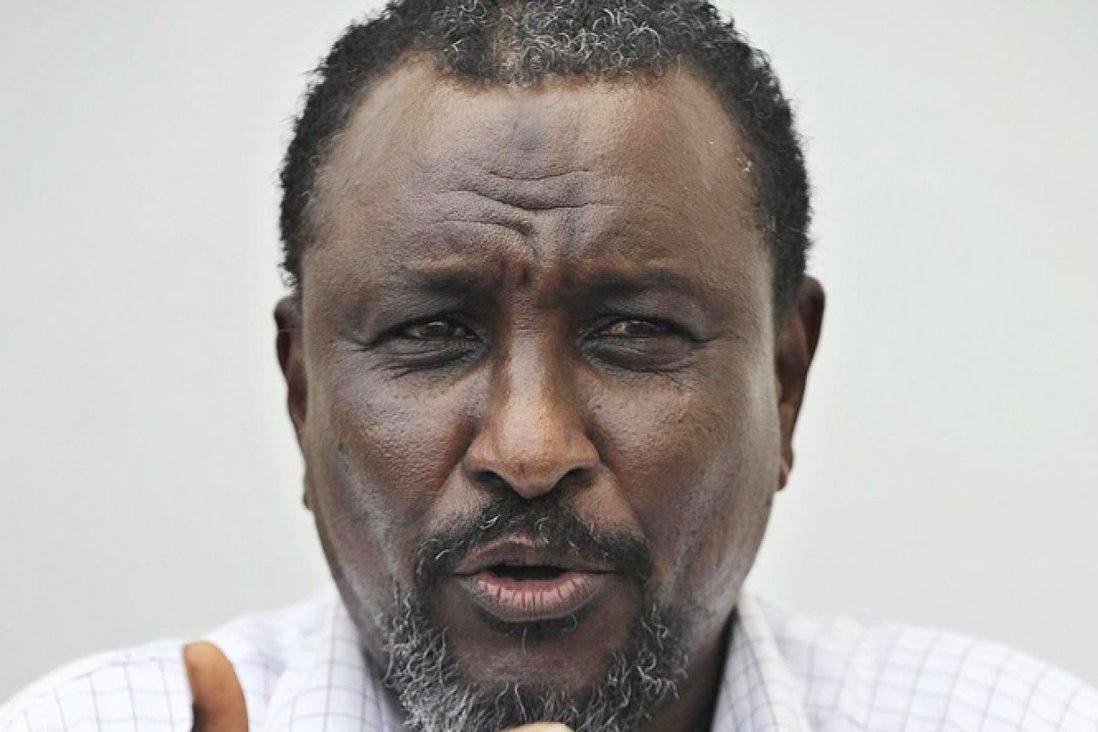In 2008, the outbreak of piracy off the coast of Somalia caused the largest scale international naval intervention in over 200 years. Authorised by the United Nations, the world’s navies from Germany to the US to India and Iran descended on the Gulf of Aden to protect merchant ships from pirate attacks.
The participating navies of the intervention met with considerable challenges, many of them very much the same as had occurred all those years ago. The UN expected them to catch and prosecute Somalis for piracy but very few countries were willing to do this unless their own ships came under attack. Within six months, the navies were catching the pirates, destroying their boats and gear, and delivering them back to Somalia.
The four years of the Somali piracy outbreak is full of stories of brave ship captains, shrewd and businesslike pirates, gross incompetence by governments, stubborn and unbending shipping company owners, interfering busybodies with no business inserting themselves into ransom negotiations, the deaths of innocent seafarers (often at the hands of well-meaning navies rather than pirates), and a whole cast of people thrown together in unprecedented and highly stressful circumstances.
But one of the most unusual of these stories concerns a notorious pirate known as Afweyne and an unassuming Belgian prosecutor called Johan Delmulle.
Mohamed Abdi ‘Afweyne’ Hassan
International authorities believed that Afweyne, or ‘Big Mouth’ as his nickname meant in English, was the chief organiser and financier of several highly successful Somali pirate hijacks, including the Ukrainian ship Faina and the Saudi oil tanker Sirius Star. The hijacks netted Afweyne and his pirate operations millions of dollars. With his share of the proceeds, Afweyne was able to buy himself considerable influence in the lawless region of Mudug, in central Somalia. Locals also reported that Afweyne provided them with food and services the Somali government could not.
At the height of the Somali piracy epidemic in April 2009, pirates hijacked the Belgium-flagged general cargo ship Pompeii. As was standard operational practice at the time, the pirates took the ship to the small coastal town of Eyl to await the ransom payment. This duly arrived and the pirates released the ship on 28 June 2009.
For the next few years, Belgian authorities investigated the case. Although they suspected Afweyne, it was only when other captured pirates informed them of his connection to Pompeii that they had sufficient cause to proceed. The problem was that they could not legally arrest and extradite Afweyne from Somalia.
What they needed was for him to come to them.
For many years, conditions in Somalia at the time meant Afweyne rarely travelled out of the country. But as international deterrence and suppression efforts began to take effect, an uneasy peace settled on Somalia. Afweyne decided to announce his retirement from piracy and turn his financial resources to a career in politics.
In 2013, Delmulle came up with an imaginative idea. As Afweyne enjoyed considerable status, influence, and impunity in Somalia, Delmulle wondered if they could exploit his ego in their favour. He arranged for several of his people to pose as film producers. They approached Afweyne in Somalia with the idea of collaborating with him on a film they were making about his life as one of Somalia’s most notorious pirates.
Over time, they built sufficient trust with Afweyne and his accomplice Mohamed “Tiiceey” Aden, to lure them both to Bruges to sign the film contract in person. Once their plane landed at the airport, the men were immediately arrested.
Afweyne was convicted of piracy of the Pompeii in 2016. He was given a 20 year sentence and ordered to pay €20,000. Aden received a 5 year sentence that was doubled on appeal in June 2017.
Johan Delmulle is now the President of the College of Prosecutors General and of the College of the Public Prosecutor's Office in Brussels.




